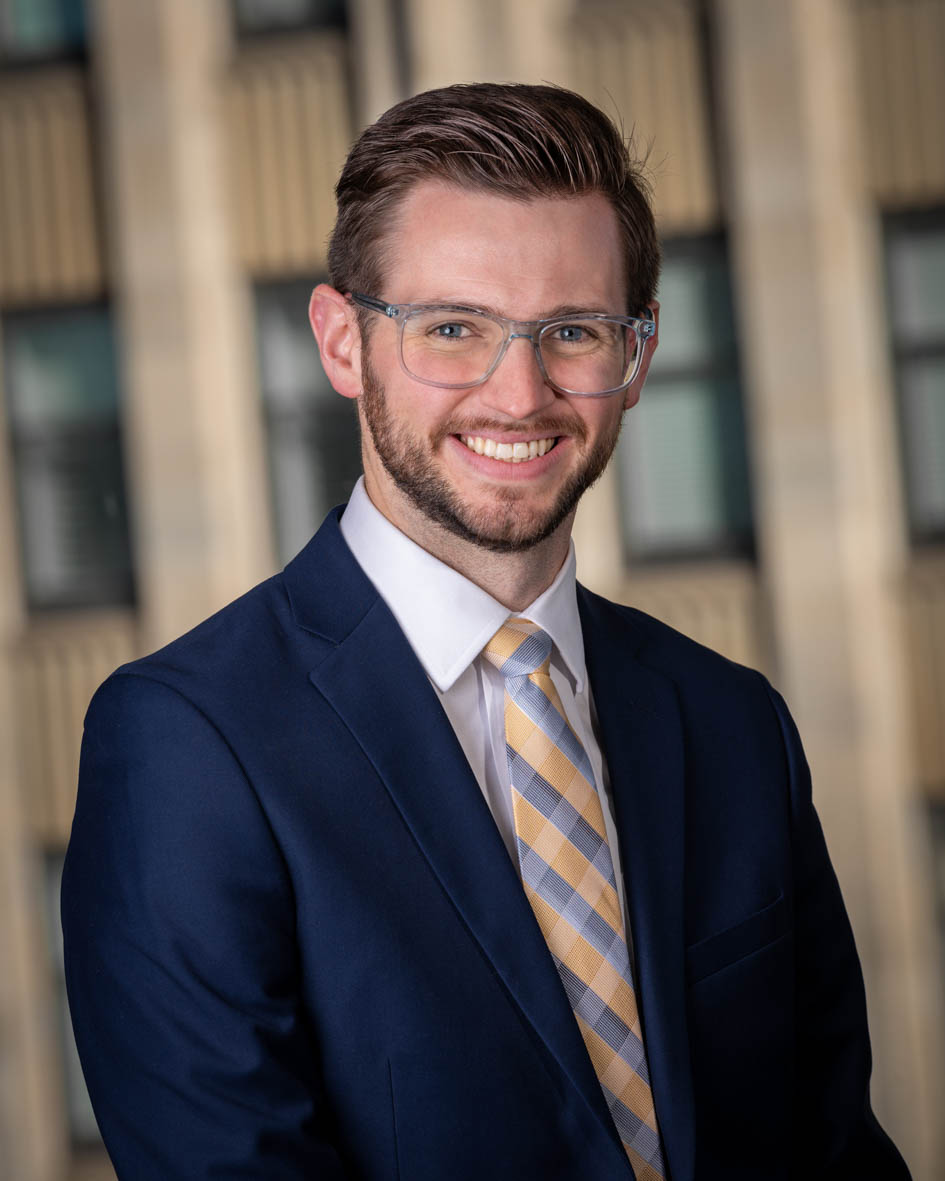Anti-trafficking legal advisor Braden Storer, ’17, initially developed an interest in advocating for victims of injustice while studying at Nebraska Law. Storer and his team at
Love Justice International work to maintain a system of transit monitoring in order to identify and stop trafficking before people are exploited.

What does your day-to-day work entail?
My days rarely look the same. We are operating in about two dozen countries right now, and we have legal programs in about half of them. The legal program is aimed at working with victims to file criminal cases against their traffickers, to support them throughout the process and to do everything we can to ensure that police and prosecutors pursue justice against these traffickers. My job is to develop and improve that legal program and to equip our staff on the ground to implement this program. I spend a lot of time working closely with our staff on the ground to train them and encourage them to file legal cases against traffickers and to support victims through the legal process. I also work to find ways to improve this program, develop resources for our staff and identify roadblocks in the legal process that are preventing us from getting more arrests and convictions.
With a concentration in International Human Rights and Litigation and involvement in the Anti-Trafficking Legal Advocacy Society (ATLAS), how was your path shaped by your time at Nebraska Law?
Profoundly. My time at Nebraska Law is where I developed a heart for serving those who have been victims of injustice, especially those who have been victims of violence. I became particularly concerned with the evil of human trafficking and wanted to do my part to work against this injustice. It really began when I spent my 1L summer with International Justice Mission in Uganda, and from there, my vision was refined to focus on the role of the criminal justice system in combatting this injustice. Professor Anna Shavers really encouraged me in this pursuit, and her guidance was crucial for me in developing my heart and vision for this career.
Where are you currently based? How has that transition been?
I am currently based in Ballito, South Africa, which is a small town on the east coast. It’s been a pretty smooth transition so far, as Ballito is a relatively modern town with a lot of amenities that we are used to. Though, we have not gotten used to the monkeys breaking into our house and stealing our food.
What advice would you give to students who want to pursue a similar career path?
For anyone who is interested in going into this type of international work, I’d highly recommend spending at least a few years practicing law in a more traditional sense first. I spent five years practicing before taking this position, and I’m very glad to have had that experience. The skills you develop and the knowledge you gain by doing so will make you an invaluable asset and will give you some credibility in the field. The vulnerable and marginalized need people who are experienced professionals working on their behalf, so spend at least your first few years learning how to be a lawyer. My other piece of advice is to cultivate a compassionate and empathetic heart for those you serve.